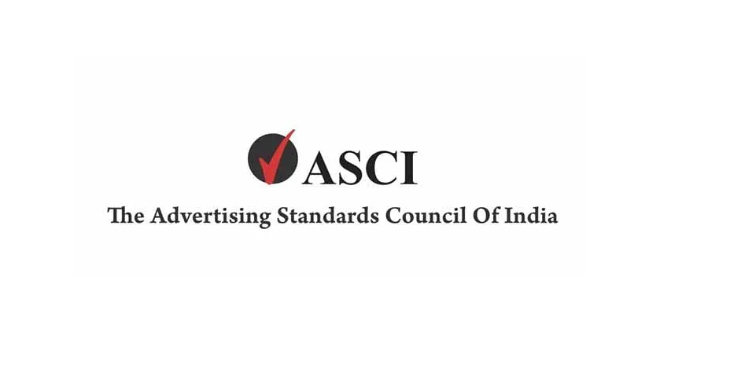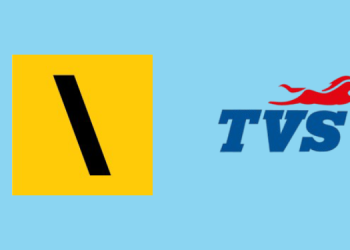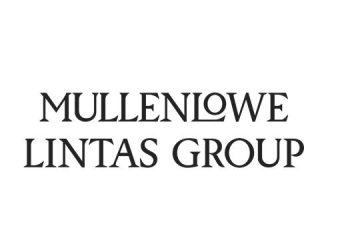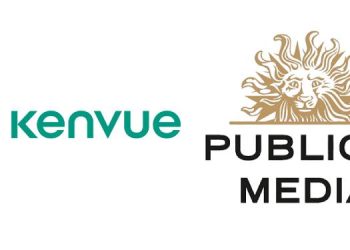In December 2019, ASCI investigated complaints against 408 advertisements, of which 137 advertisements were promptly withdrawn by the advertisers on receipt of communication from ASCI.
The independent Consumer Complaints Council (CCC) of ASCI evaluated remaining 233 advertisements, of which complaints against 225 advertisements were upheld. Of these 225 advertisements, 124 belonged to the education sector, 66 belonged to the healthcare sector, seven to the food & beverages sector, six to personal care and 22 were from the ‘others’ category.
With the current COVID-19 pandemic, a lot of false news and information is been spread at large, ASCI aims to highlights and is closely keeping an eye on advertisements so that they don’t make any false claim and create unnecessary claims. ASCI has introduced a WhatsApp number for consumers to register their complaints against any misleading advertisements.
We have highlighted a few brands and their false claims that mislead the consumers.
Colgate-Palmolive (India) Ltd (Colgate ZigZag Toothbrush)
According to ASCI, the product packaging’s claim “Toothbrush Brand Used & Recommended by Dentists” was not substantiated. As per the advertiser’s feedback, the advertiser is planning to discontinue this claim and is currently transitioning to remove them from all their packs.
Sachi Saheli Ayurvedic Syrup
The television advertisement’s claim “The most trusted medicine and tonic for females” featuring Bollywood actress Raveena Tandon was not substantiated, the voiceover claim was not substantiated with any market survey data, or with verifiable comparative data of the advertiser’s product and other similar products for females available in the market, to prove that they are more trusted for female health problems, or through a third party validation.
According to ASCI, the source for the voice over claim was not indicated in the TVC. Additionally, the advertiser did not provide any evidence to show that the celebrity had done due diligence prior to endorsement, to ensure that all description, claims and comparisons made in the TVC are capable of substantiation, the TVC contravened ASCI’s Guidelines for Celebrities in Advertising.
PB Lavender (Neem and Aloevera Face Wash)
The television advertisement’s claim “The neem, aloe vera and tulsi mixture removes pimples and black spots in minutes” was not substantiated as the advertiser did not provide any product efficacy data nor relevant extracts of ayurvedic references from Classical Books, in support of the claim. It is unlikely for a face wash product to remove pimples or black spots (pigmentation) from skin in minutes.
Lotus Herbals Limited – WHITEGLOW Skin Whitening & Brightening Gel Crème
The print advertisement’s claimed that “SPF-25” was inadequately substantiated as the advertiser did not provide any product specific information such as product composition details, or is there any scientific or technical rationale for the active ingredient in the product relevant for the SPF claim.
As per the test report submitted by the advertiser the product was tested for in-vitro SPF and UVA analysis. The report also clearly stated that the SPF is only indicative of performance in-vivo and it may not be accurate and cannot be used for label claims.
Divisa Herbal Care (Eye Mantra Eye Drops)
The television advertisement’s claim as translated from Hindi “Give you sharp and clear vision” was not substantiated, it did not provide product efficacy data or clinical study to prove that the product improves vision. The advertiser is also promoting the movie ‘Saand Ki Aaank’ featuring Bollywood divas TaapseePannu and BhumiPednekarand they are shown talking about the product.
The advertisers however did not provide any evidence to show that the celebrities had done due diligence prior to endorsement, to ensure that all description, claims and comparisons made in the TVC are capable of substantiation. The TVC contravened ASCI’s Guidelines for Celebrities in Advertising.
These were some of the campaigns and brands that ASCI acted upon. ASCI is definitely committed to the cause of self-regulation in advertising ensuring the protection of the interest of consumers.

















